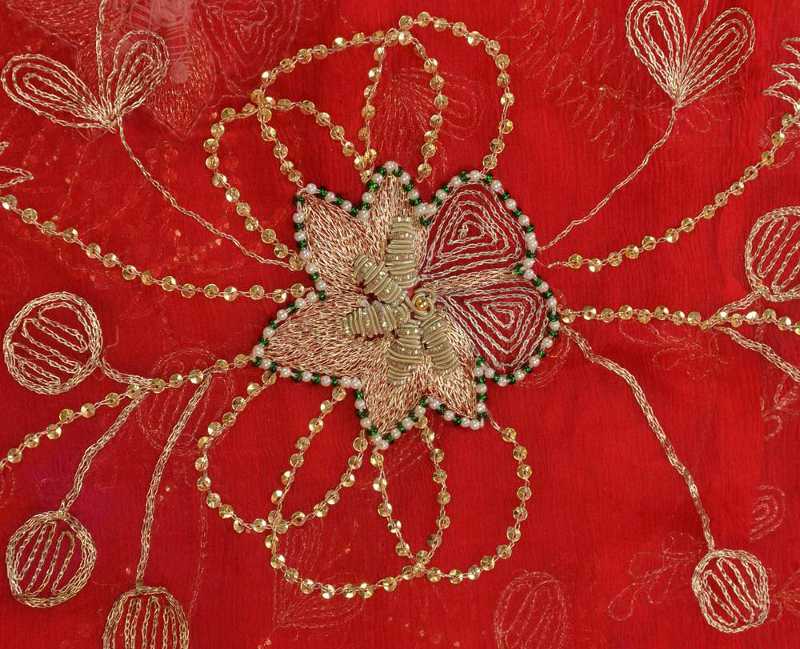===
0302,
3
===

=== |
 |
sahl : 'Easy, simple; facile, soft'. (Platts p.707)
phirnaa : 'To turn, go round, revolve, whirl; to circulate; to turn back, to return; to walk, walk about, walk to and fro; to wander, rove, ramble, stroll'. (Platts p.286)
FWP:
SETS == GRANDIOSITY
MOTIFS == VEIL
NAMES
TERMS == 'MEANING-CREATION'; MOODIf the humans, the humane and civilized members of our species, emerge 'from' the veil of dust, there are two ways in which this could happen. One is, as SRF notes, that they emerge 'from' the veiling cloud of dust because like all the children of Adam they are made of dust. On this reading, the 'us' refers to our whole species.
But anotherpossibility is that some people emerge 'from behind the veil of dust' because they are coming from the Unseen, the ;Gaib , or some other mystical realm. This reading would suggest that while many or most of mankind [aadmii , which definitely includes women] may simply be made of dust, at long intervale a special, highly evolved, 'humane' one emerges from a higher spiritual realm. The speaker positions himself as one of them, but the grammar of the second line makes it feel very probable that he is describing himself as part of a small, rare subgroup.